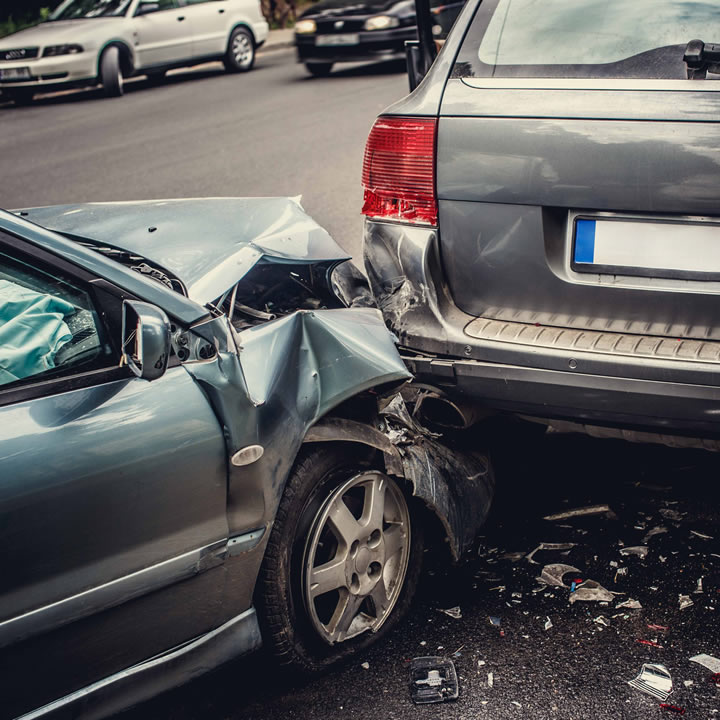Car accidents can occur unexpectedly and have significant impacts. Determining who is at fault is crucial as it influences legal responsibilities, insurance claims, and personal rights.
While this guide provides general advice and guidelines, laws and regulations vary significantly between states and countries.
Therefore, consulting with a legal professional in your jurisdiction is the best way forward. If you’re seeking additional information on managing the aftermath of a car accident, a guide and tips after car accident could provide further insights.
This blog post aims to simplify this complex issue by exploring key concepts, including the determination of fault, associated legal implications, and your rights after a car accident.
Legal Concepts In Car Accidents
Before delving into the specifics of who’s at fault in a car accident, it’s essential to understand several fundamental legal concepts, including liability, negligence, the duty of care, and the role insurance companies play in these circumstances.
Overview Of Negligence
Negligence is a legal concept that often determines liability in a car accident.
It occurs when an individual doesn’t exhibit the level of caution that would be expected from a prudent person in a comparable situation. For instance, if a driver ignores a stop sign and causes an accident, they can be considered negligent, as a ‘reasonable’ driver would have stopped.
To prove negligence in a car accident, the injured party (plaintiff) typically must demonstrate that:
- The defendant, who is the driver at fault, had a responsibility to ensure the plaintiff’s safety (duty of care).
- The defendant failed to uphold this responsibility (breach of duty).
- This failure was the direct cause of the accident (causation).
- As a result of the accident, the plaintiff suffered harm or damage (damages).
Having video records or pictures of the accident scene can help prove negligence quickly and more efficiently.
Importance Of Duty Of Care
‘Duty of Care’ is an essential principle in accident law.
It refers to the responsibility every driver has to operate their vehicle safely to avoid causing harm to others. It includes, for example, observing speed limits, staying alert, not driving under the influence of alcohol or drugs, and generally following all traffic laws.
If a driver breaches this duty and causes an accident, they could be found at fault and liable for damages.
Explanation Of Liability
In the simplest terms, liability refers to legal responsibility. In the context of car accidents, if you’re found liable, you’re legally responsible for the damage caused by the accident, including personal injuries and property damage.
This could result in having to pay for repair costs, medical bills, and even compensation for pain and suffering or loss of income, depending on the extent of the damage. Your insurance company will usually cover these costs up to your policy limits.
Now that we’ve covered the legal concepts that determine fault in a car accident, it’s equally important to understand your rights following such an incident. These rights can significantly impact your interactions with insurance companies, legal authorities, and other parties involved in the accident.
Understanding Your Rights Following A Car Accident
One of the most crucial aspects to be aware of after experiencing a car accident is understanding your rights. Knowing what you are entitled to can make a significant difference when dealing with insurance companies, legal authorities, or other parties involved in the accident.
Below are some fundamental rights that you should be aware of following a car accident:
Right to Remain Silent
Immediately after an accident, emotions may run high, and adrenaline may make it difficult to think clearly. However, it’s essential to be mindful of what you say. Remember that you have the right to remain silent, especially when admitting fault or guilt.
Any statement you make can be used against you later. Limit your conversation with the other party involved and instead focus on exchanging necessary information like name, contact details, and insurance information.
Right To Legal Counsel
It’s your right to consult with an attorney if you’ve been involved in a car accident. If you are worried about possible legal implications, an attorney can help guide you through the process and provide advice tailored to your situation.
Right To A Fair Trial
If you’re charged with a traffic violation or a lawsuit is brought against you after a car accident, you have the right to a fair trial. This means you are entitled to present your case before a judge or jury, confront witnesses, and have a defense attorney represent you.
During a trial, you can expect several stages. First, there will be an opening statement where both sides present an overview of their case.
This is followed by the presentation of evidence, which can include witness testimonies, physical evidence, and expert opinions. After the evidence has been presented, closing arguments are made, summarizing the case and arguing for a specific verdict.
Finally, the judge or jury will deliberate and make a decision.
Remember that laws and court procedures can be complex, and having an experienced attorney can be instrumental in defending your rights in court. An attorney can help you prepare your case, guide you through the trial process, and advocate for your best interests.
Conclusion
Understanding whether an accident was your fault can significantly influence your financial responsibilities and potential legal implications. Simultaneously, being aware of your rights can make a considerable difference in protecting your interests.
However, always seek professional legal advice specific to your situation and jurisdiction.

